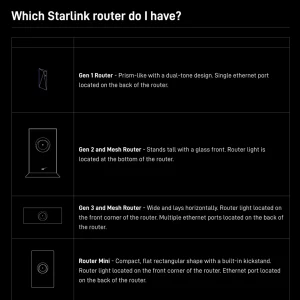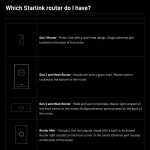Sponsored Links
Slow Broadband Divides Europe
Posted: 16th Jul, 2004 By: MarkJ
Jupiter Research reports that, come 2009, 59% of European households will have an Internet connection, 63% of which will be broadband based. Sadly 22% of those connecting via broadband 'technology' will connect with lower speed or restricted services:
Europe is experiencing buoyant broadband growth, cheaply priced low-tier products have proven extremely successful, even in Europe's more mature broadband markets. Low-tier broadband products, with connections slower than 512 kbps or with tariffs metered by the minute or the kilobyte, now constitute 29% of European broadband connections.
At the end of 2003, 13% of European households had broadband access; this will rise to 37% in 2009. Germany will be the largest broadband market in Europe in 2009, followed by the U.K., with 13.5 million and 10.2 million broadband households, respectively.
Lead author of the report, Ian Fogg, JupiterResearch Analyst, said, "Across Europe broadband is evolving at markedly different rates, speeds and prices. This has major implications for digital content companies. They need to assess not just the availability of broadband in markets where they are looking to push services, but also the suitability of each country's broadband population as this will impact the market for key broadband applications."
The Internet can never expect to replace TV (as one example) if its services are either too slow or limiting (and thus costly) to support the full broadcast of persistent high definition multimedia content. More @ netimperative.com .
Europe is experiencing buoyant broadband growth, cheaply priced low-tier products have proven extremely successful, even in Europe's more mature broadband markets. Low-tier broadband products, with connections slower than 512 kbps or with tariffs metered by the minute or the kilobyte, now constitute 29% of European broadband connections.
At the end of 2003, 13% of European households had broadband access; this will rise to 37% in 2009. Germany will be the largest broadband market in Europe in 2009, followed by the U.K., with 13.5 million and 10.2 million broadband households, respectively.
Lead author of the report, Ian Fogg, JupiterResearch Analyst, said, "Across Europe broadband is evolving at markedly different rates, speeds and prices. This has major implications for digital content companies. They need to assess not just the availability of broadband in markets where they are looking to push services, but also the suitability of each country's broadband population as this will impact the market for key broadband applications."
The Internet can never expect to replace TV (as one example) if its services are either too slow or limiting (and thus costly) to support the full broadcast of persistent high definition multimedia content. More @ netimperative.com .
Search ISP News
Search ISP Listings
Search ISP Reviews
Latest UK ISP News








Cheap BIG ISPs for 100Mbps+
150,000+ Customers | View More ISPs
Cheapest ISPs for 100Mbps+
Modest Availability | View More ISPs
Latest UK ISP News
Helpful ISP Guides and Tips
Sponsored Links
The Top 15 Category Tags
- FTTP (6795)
- BT (3880)
- Politics (3071)
- Business (2766)
- Openreach (2661)
- Building Digital UK (2510)
- Mobile Broadband (2473)
- FTTC (2141)
- Statistics (2125)
- 4G (2091)
- Virgin Media (2022)
- Ofcom Regulation (1779)
- 5G (1730)
- Fibre Optic (1604)
- Wireless Internet (1594)
Sponsored
Copyright © 1999 to Present - ISPreview.co.uk - All Rights Reserved - Terms , Privacy and Cookie Policy , Links , Website Rules































